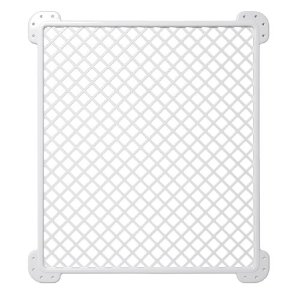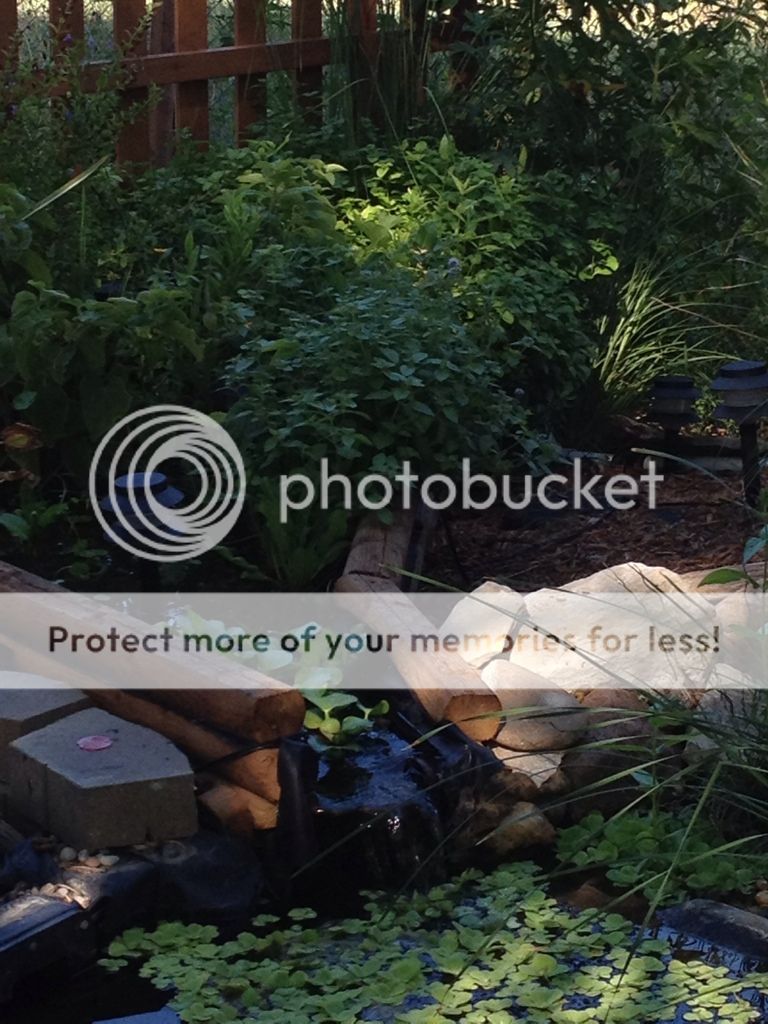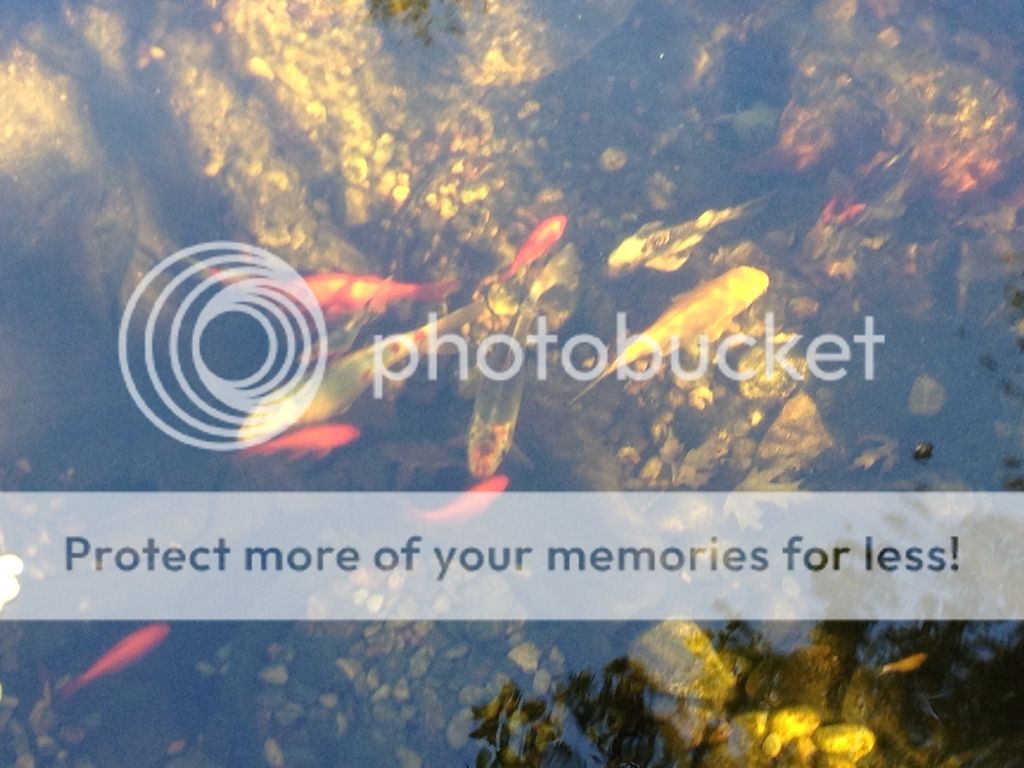HTH said:
I am not yet convinced that Waterbug is right about nutrients plants and algae. That is not the same as saying he is wrong. I have a lot of respect for his knowledge and experience.
Most people keep aquatic plants in pots. Plants generally take up nutrients through the roots so potted plants do not use nutrients from the water. What is needed is roots in the water. This is not practical with small ponds. So maybe this is one of the things that is true in theory but will not work for most people. If you can't keep bare root plants with you fish try putting them in a pool above you falls or a bog area where the fish can not get to them.
Currently I have string algae in my largest pond. In a month when the lilies become active it will be mostly gone. It could be that their shade or their use of nutrients is the cause. The lilies will bloom for about a month and then stop. Adding nutrients to the water will cause them to continue blooming.
To me it isn't a right or wrong thing. I've seen no studies either way so I don't know what's right or wrong. I look at the available info and form an opinion and run a pond based on that. If new info comes up I'm happy to change my practices.
I agree that potted plants are an easier thing to dismiss as removing enough nutrients to starve algae. And to me it's obvious that a potted plant would increase nutrients. If soil is used then I think it's understood by most people soil would contain nutrients and they would get into the water. But even an inert media like gravel some of the plant's roots would die and decompose into additional nutrients.
Bare root plants like water hyacinth and water lettuce there is no soil but the addition of organic matter and therefore nutrients. But the question is whether these plants take more nutrients out than they add. Lots of studies say yes, as long as the green plants aren't allowed to die and decompose in the water.
The next question is can water hyacinth type plants consume so much nutrients that algae would starve and/or not be able to grow. This concept has never made any sense at all to me. That a plant like water hyacinth could remove consume some key nutrient which algae requires but that the water hyacinth doesn't need is a pretty far out of reality. That's just not the way plants work given current understand.
Assuming water hyacinth type plants could indeed remove some key nutrient the next question has to be how? Thru their roots of course, duh. Well, where does the nutrient come from? Decomposing organic matter, fish gills, from the air above the pond, from bacteria, etc. How could it ever be possible that these nutrients float by thousands, millions, of suspended algae cells but they don't consume the nutrient, but instead wait until the water hyacinth can. For this to be true the nutrients could only form right on the plant roots. Some do, but not all. Physically is it simply impossible. Same with string algae. Some how water hyacinth type plants are able to get first crack at all nutrients is pure fantasy imo.
Yes, water hyacinth type plants can reduce nutrients, so can algae. A green pond will normally test for zero of the different nutrients algae require. So they starve themselves? No. Just because water tests zero doesn't mean nutrients aren't present. It means nutrients are being consumed as fast as they're produced. And given the data on the amount of ammonia a pond produces it's a lot.
Yes, water hyacinth type plants can reduce nutrients. So yes water could be less green. But the concept that algae can't grow at all? Far fetched imo.
Then there is the source of the plant starving algae theory...internet forums and chat rooms. No data, no theory based on anything beyond "plants use nutrients so they must be able to starve algae". This entire concept was born and raised solely in web forums by people just repeating other peoples' opinion.
On the other hand there's lots of studies and info about plants and allelopathy that provide a much more reasonable theory imo. In the specific context of ponds and aquariums a fair amount of experiments backing up the theory. Work by Diana Walstad, Norm Meck and I just saw a video of a guy who found a common aquarium plant that kills duck weed. And my own experiments with single algae and string algae also leads me to think this is the cause of algae dying.
So I'm OK with the allelopathy theory so far.


no that's a big joke



